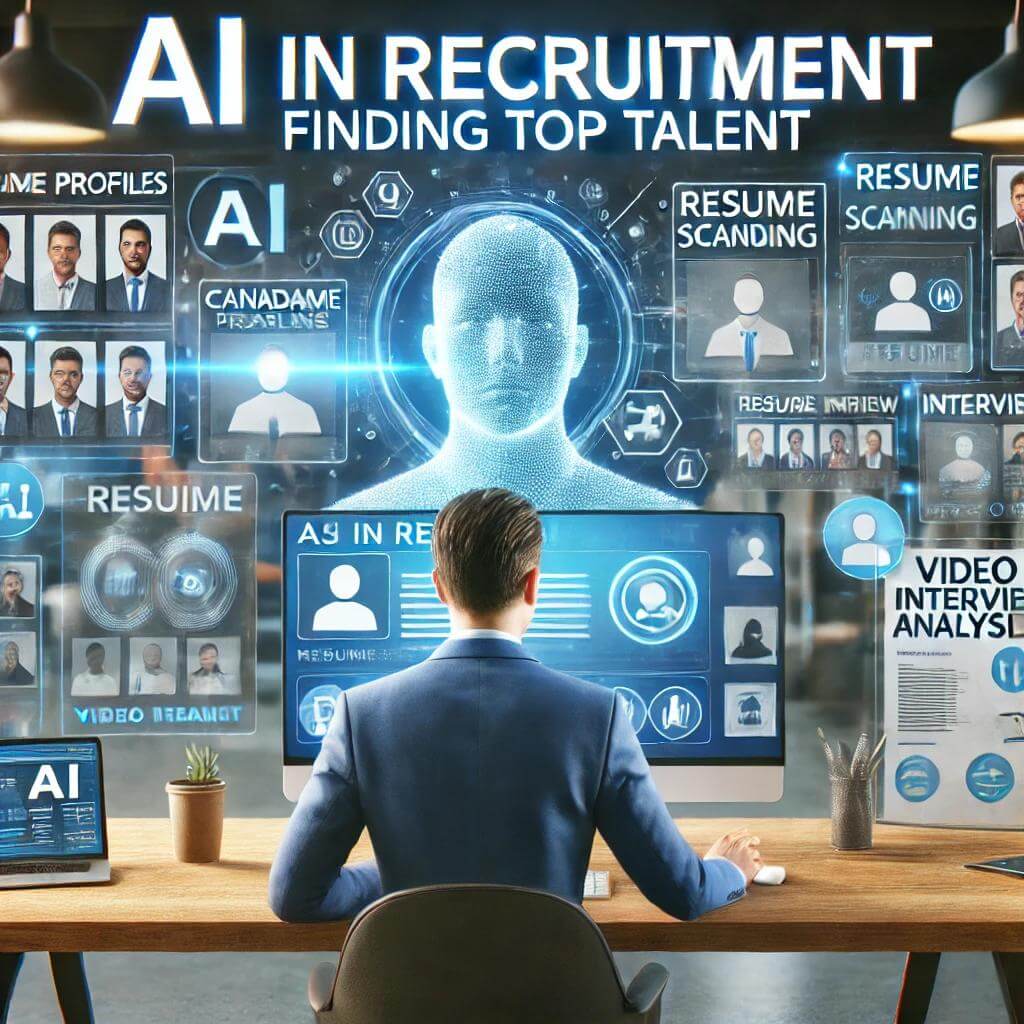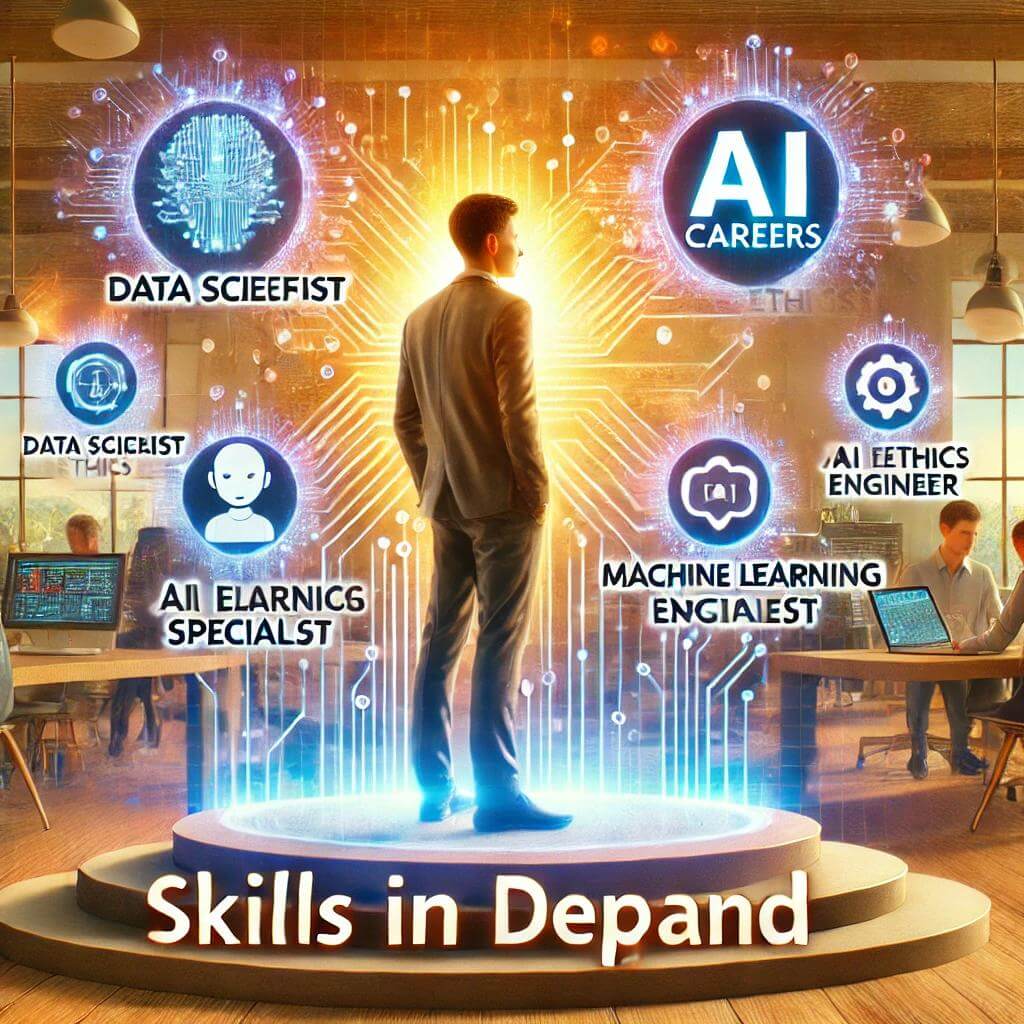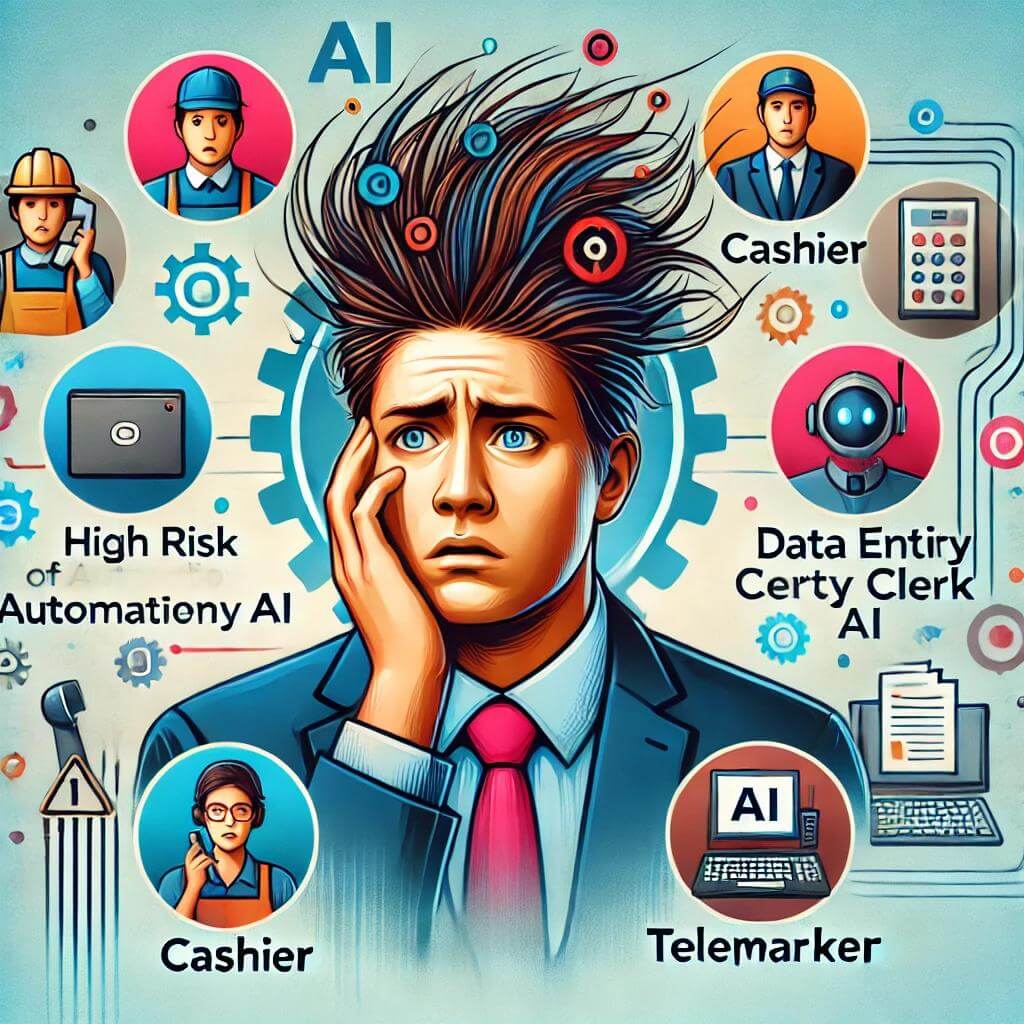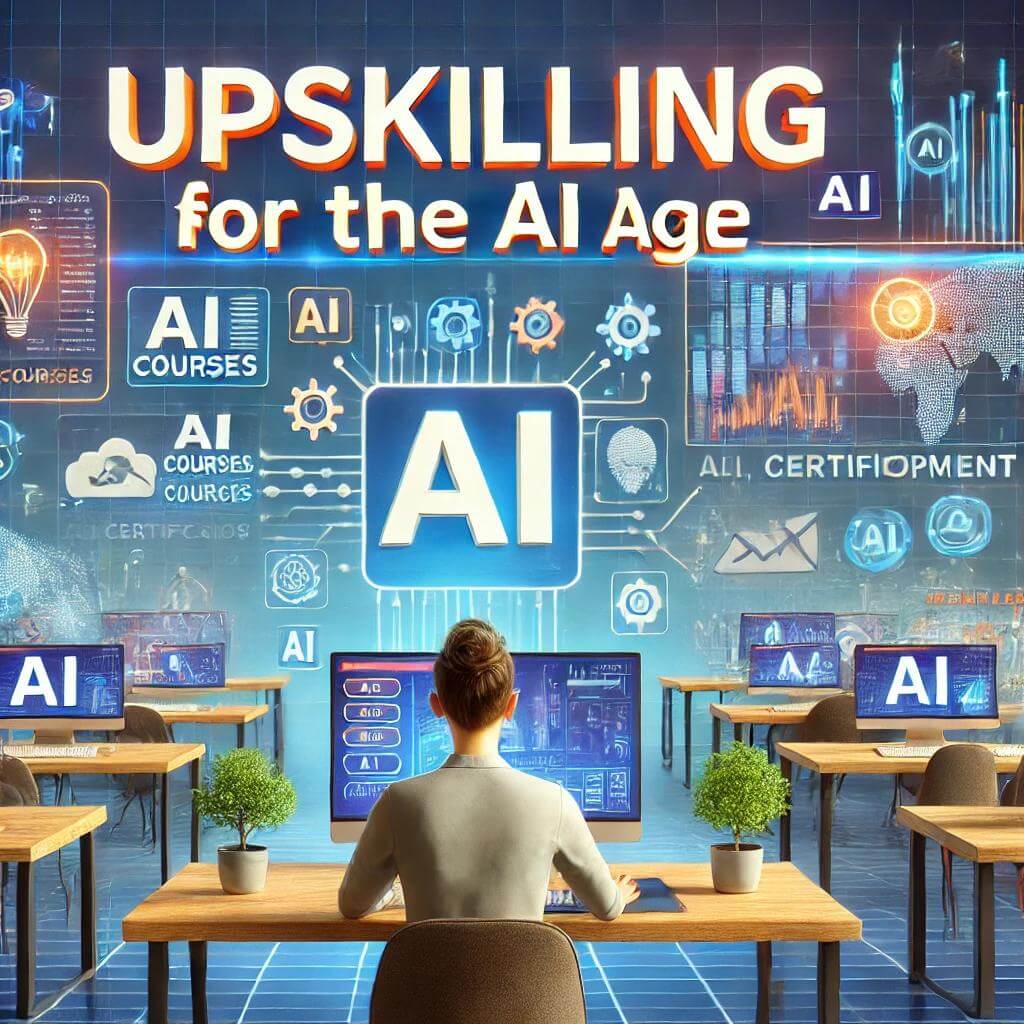AI for Recruitment: Finding Top Talent
Artificial Intelligence (AI) is revolutionizing recruitment by helping businesses streamline hiring processes, identify suitable candidates more efficiently, and ultimately find the best talent. Through the use of advanced AI tools, companies can now automate various recruitment steps, benefiting both recruiters and candidates. In this article, we’ll explore how AI is being utilized in recruitment, the advantages it brings, and the ethical considerations that come into play.
How AI is Transforming the Recruitment Process
The recruitment process has traditionally involved multiple manual steps, from sorting through resumes to conducting interviews. AI streamlines these steps by automating tasks that previously required significant time and effort, making the hiring process faster and more efficient.
Key AI Tools Used in Recruitment
- Resume Scanning and Parsing: AI-powered resume scanners analyze and categorize information, allowing recruiters to identify qualified candidates quickly.
- Video Interview Analysis: AI can analyze candidates’ video interviews, assessing their tone, language, and expressions to predict cultural fit and soft skills.
- Candidate Screening and Shortlisting: Using data-driven algorithms, AI can screen applications, score them based on qualifications, and present recruiters with a shortlist of top candidates.
| AI Tool | Purpose |
|---|---|
| Resume Scanner | Sorts and categorizes resumes automatically |
| Video Interview Analysis | Analyzes non-verbal cues in video interviews |
| Candidate Screening | Shortlists candidates based on qualifications |
Benefits for Recruiters and Candidates
AI technology brings substantial benefits to both recruiters and candidates. By improving efficiency, AI helps companies focus on strategic decision-making and candidate engagement.
Advantages for Recruiters
- Time Efficiency: AI reduces the time spent on repetitive tasks, allowing recruiters to focus on high-level interactions with potential hires.
- Improved Matching: AI algorithms match candidates to job descriptions with accuracy, increasing the likelihood of a successful hire.
- Enhanced Diversity: By removing human biases in the initial screening stages, AI promotes a more diverse candidate pool.
Advantages for Candidates
- Faster Application Processes: With automated screening, candidates receive responses more quickly.
- Fairer Assessments: AI evaluates candidates based on predefined criteria, minimizing biases that might affect hiring decisions.
- Increased Transparency: Many AI recruitment tools provide candidates with feedback, helping them understand the hiring process better.
Ethical Considerations in AI-Based Recruitment
While AI offers many benefits, it also raises ethical questions, especially concerning bias and privacy.
Potential Bias in AI Systems
AI algorithms are often trained on historical data, which can include biases that existed in previous hiring decisions. If not carefully monitored, these biases may be reinforced, leading to discriminatory practices.
- Example: If past hiring data favored specific demographics, an AI system might prioritize similar profiles, potentially excluding other qualified candidates.
Privacy Concerns
AI systems collect and analyze vast amounts of data on candidates, raising concerns about how this data is stored and used. Companies must ensure that they comply with privacy regulations and provide transparency about their data practices.
| Ethical Concern | Description |
|---|---|
| Bias | Risk of reinforcing existing biases |
| Privacy | Handling of candidate data |
Conclusion
AI is reshaping recruitment by making it faster, fairer, and more efficient. With tools like resume scanning, video analysis, and automated screening, businesses can focus on engaging with top talent. However, as companies continue to adopt AI in recruitment, addressing ethical issues around bias and privacy will be essential to ensuring a fair and responsible hiring process.




Post Comment